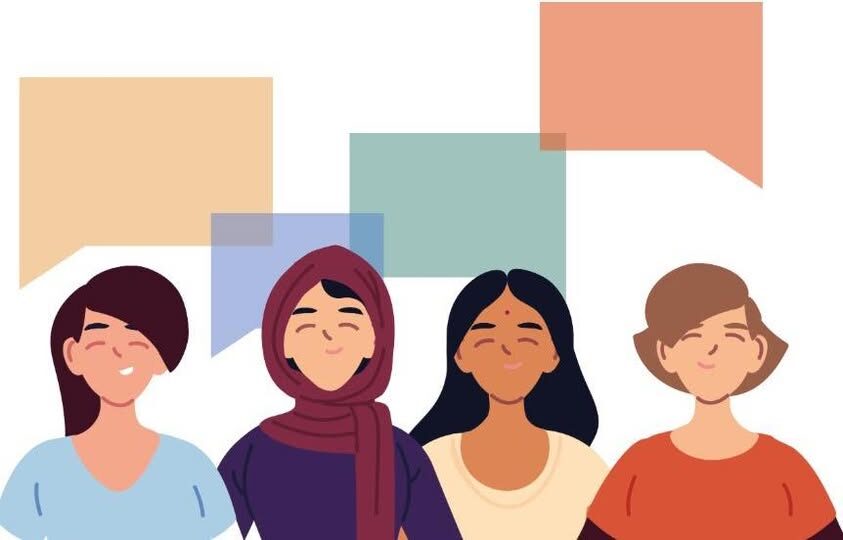Leveraging Edtech in Nigeria’s Evolving Education System
By: Amb Mercy Bamigbola
Ed. 220 | 22.07.2025
In a rapidly changing world, it is essential for us to adapt to its changes. While job alternatives are emerging, and people’s way of life is changing, the same rediscovery is expected of the Nigerian Education System.
Globally, the educational structure has undergone a significant reshaping over the last decade, causing changes in educational policies across the world. A major change in education is the increasing use of technology in learning – Edtech. Through this shift, learners can learn from anywhere and anytime, causing tutors to connect with students outside the school and easily access information on the web. Most importantly, the effective use of technology in the classroom has the power to create a shift in today’s educational system. There are new methods of learning, including gamification, which applies game-design elements in non-game contests. This allows for a fun learning process, which increases students’ ability to study and learn.
In addition, online learning or blended learning has the potential to offer students the ability to attend classes and turn in their tasks seamlessly from any part of the world. Students can also access additional learning materials without visiting the school. Though the model is not without its demerits, such as epileptic power supply and poor connectivity, which disrupt the quality of e-learning. The ability to personalise digital devices is another great advantage to the education system. In a world where we protest the idea of a one-size-fits-all, personalising our devices and tailoring them to the learning ability of each student is very crucial. On a mobile phone, for example, it is possible to download specific learning apps that suit the needs of each student. If an app does not serve the purpose it was intended, it can also be easily deleted. Through this means, students no longer have to struggle to learn.
Social media has changed over the years. Instagram, LinkedIn, X (formerly Twitter), WhatsApp, Facebook, and TikTok, which are the major platforms nowadays, have morphed from merely picture and video sharing apps into a platform for career development, advocacy, and awareness. Individuals can now air their grievances through the use of social media, leading to social change. When students are carefully taught how to utilise social media, they can become voices of change, impact their peers, and advocate for a better education system. Edtech is evolving, making access to education easier by the day. Nigeria, with a vast number of young people (about 65% of its population), must be in place to move with the shift. We are now in a world of platforms like AltSchool Africa, Google e-learning, Udemy, Coursera, edukoya and so on, which are transforming education and ready to reshape the traditional four walls of learning and bring education to our doorsteps.
The media has come to stay, and our goal should be to use it to our advantage. We need a society where students can learn how to make good use of their devices, teachers get enlightened on the personalisation feature on these apps and parents become more active in their children’s education. But for all these to materialise, the Nigerian Education System must be in a strategic position to embrace, implement and adapt to the transition Edtech holds.
Image Credit: Global Campaign for Education



